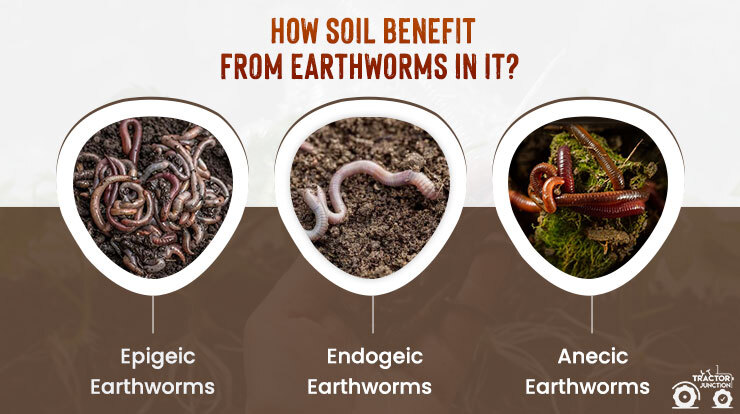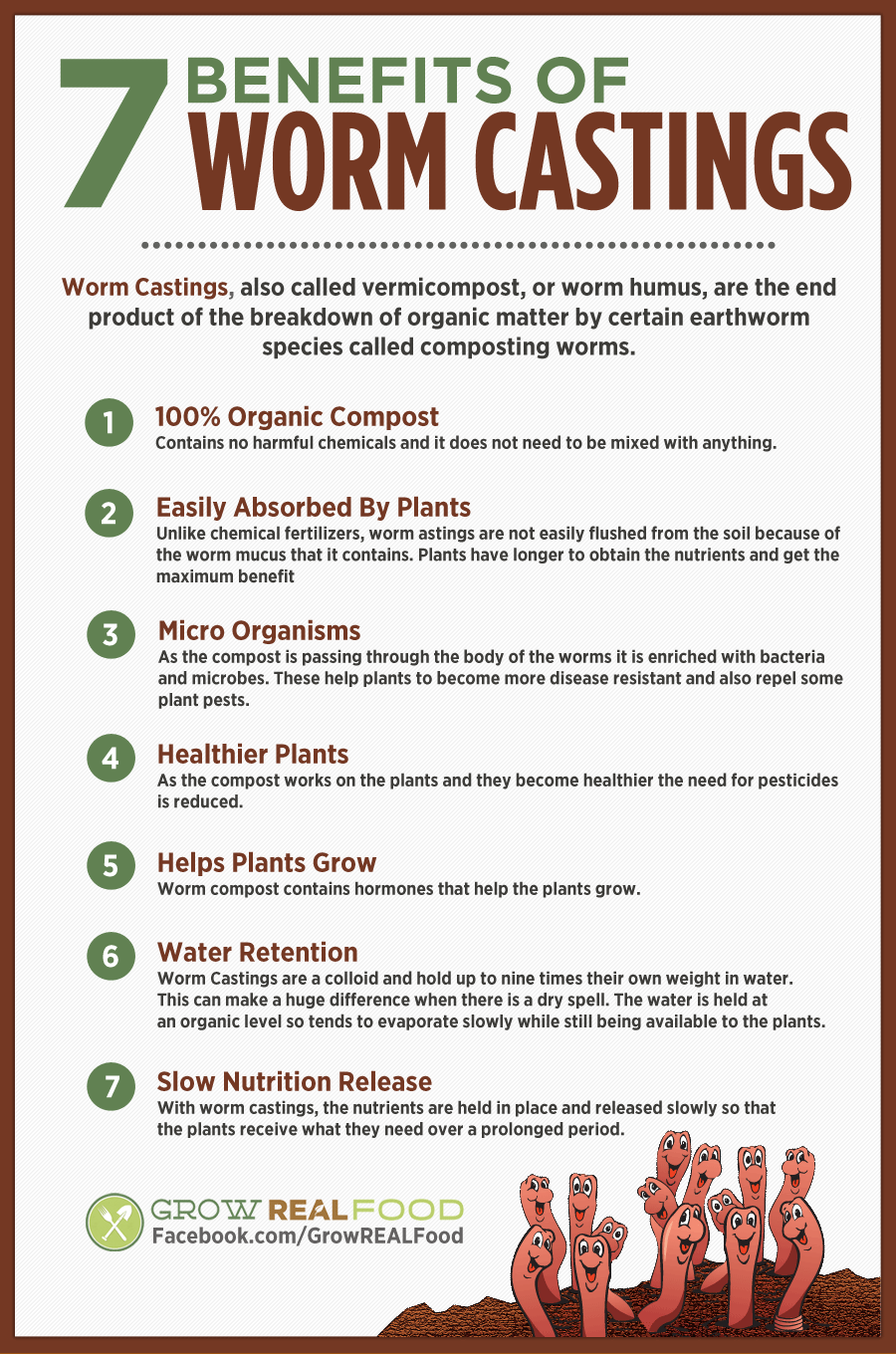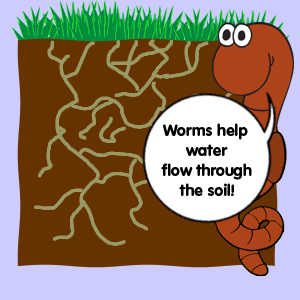The Facts About North Carolina Worms Uncovered
The Facts About North Carolina Worms Uncovered
Blog Article
North Carolina Worms for Dummies
Table of ContentsNot known Facts About North Carolina WormsSome Known Factual Statements About North Carolina Worms Things about North Carolina WormsAn Unbiased View of North Carolina Worms
Example: 1-gallon of worm castings to 4 gallons of potting mix. 1/2 cup in the base of the growing hole for smaller plants. 1 mug for bigger plants.
The addition of tea can additionally add increased microbial biomass to your dirt. You can always side-dress your plants with worm spreadings at any moment. Simply keep in mind, the microbes will pass away if subjected to UV rays (Sunlight), so make certain to cover the spreadings with an inch or two of dirt.
This frustrated them for years till the testing approaches became better. It would certainly get much better(with more castings), level off, and after that decrease. Too many worm castings would certainly speed up the development to a pace that the plant can not recuperate from.
North Carolina Worms for Dummies
Several herbicides function on this very same principle. So, 20% by quantity seems to be the "Sweet Place". I have expounded the merits of worm spreadings for about 2000 words. What about the opposite of the coin? Absolutely nothing is perfect. Worm spreadings are no various. It requires time to create quality worm castings.
Worm spreadings definitely set you back more than chemical plant foods. Worm castings are on the less costly end of organic plant foods. (50 gallons per year) It is a much more challenging and very costly investment to generate large quantities of worm castings.

Producing a healthy and balanced soil might be the best benefit of worm spreadings. We discussed worm castings NPK and additionally the proper nutrient analysis that need to apply to worm castings.
What Does North Carolina Worms Do?
Lastly, we spoke about several of the disadvantages related to worm castings. I covered a whole lot of product in this write-up. There are a great deal of web links (inner and exterior). If you would certainly such as more information on a particular topic, please click through the links to find out more. As always, do not hesitate to comment or ask questions.
The upright burrows are normally open, although the worms top the top with deposit and excrement. Origins require oxygen for their development, whereas they create carbon dioxide that needs to leave the dirt.
Earthworms enhance porosity by two devices: (1) by producing permanent burrows, and (2) by boosting soil gathering. Gathering is improved by the blending of soil and natural matter in the earthworms' guts. North Carolina Worms. These extremely stable accumulations are deposited by some earthworms in their burrows, and by others at the surface area of the soil


In another research study, earthworms were estimated to consume 4 to 10 percent of the top 6 inches of the soil annually. Dirt compaction lowers the porosity of the dirt.
An Unbiased View of North Carolina Worms
Typical earthworm populaces can quickly consume 2 tons of completely dry matter per acre each year, partially digesting and blending it with soil. The relevance of earthworms to mix surface area residue with soil comes to be extremely clear in dirts that do not have any type of earthworms. The majority of our Pennsylvania dirts have at the very least some earthworms, and the effect of their total absence, as a result, can not be noted.
(https://www.searchdomainhere.com/North-Carolina-Worms_310027.html)In these soils, the formation of topsoil with sensible organic matter content did not take place, causing inadequate plant growth. Once the cause was developed, the federal government of the Netherlands started a campaign to present earthworms. After the intro of the earthworms, a dark topsoil layer was developed, and crop growth raised considerably.
They live largely from partly decomposed organic matter that is already integrated in the soil. They eat their method via the soil, creating straight burrows that they full of their waste matter. These varieties ingest huge amounts of dirt that they combine with digested crop deposit in their intestines. or anecic species reside in permanent vertical burrows that can be 5 or 6 feet deep.
These species consume considerable quantities of soil that they mix with absorbed deposit in their intestines. Their excrement is primarily deposited at the surface area of the dirt.
Report this page